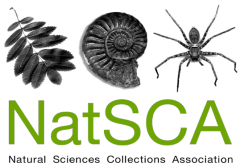Applying a novel methodology to decipher colonial collection practices: Uncovering the collecting motives of the TU Delft Geological Suriname Collection
During the first half of the twentieth century, a colonial natural history collection of nearly 4000 geological specimens from Suriname, accumulated at the Delft University of Technology. This collection is the focus of this study and was previously used at the university for both research and education on the geology and ores of the Dutch colony. A novel methodology was developed and tested to uncover the collecting motives of the collectors, with the aim to understand the processes behind the formation of the geological Suriname collection. This study has extensively examined the collection through archival, literature and collection research, using the obtained knowledge to create collecting motive categories. These categories were used to classify different parts of the collection, using literature sources that reveal the circumstances under which the objects were collected. The findings predominantly show the presence of economic collecting motives, highlighting the economic drive in colonial practices. This paper also critically assesses the used methodology. It has been found that the results are influenced by the information available and the researcher’s interpretation of that information. On the other hand, the use of collecting motive categories allows for an analysis of drivers that played a key role in the colonial collecting processes. If interpreted with care, the results show the evolution of our understanding of the colonial context of natural history collections, supporting decolonizing practices and commence dialogues.
**Note that this article is open-access. Other articles in Volume 12 are available to members only for 1 year after publication**
